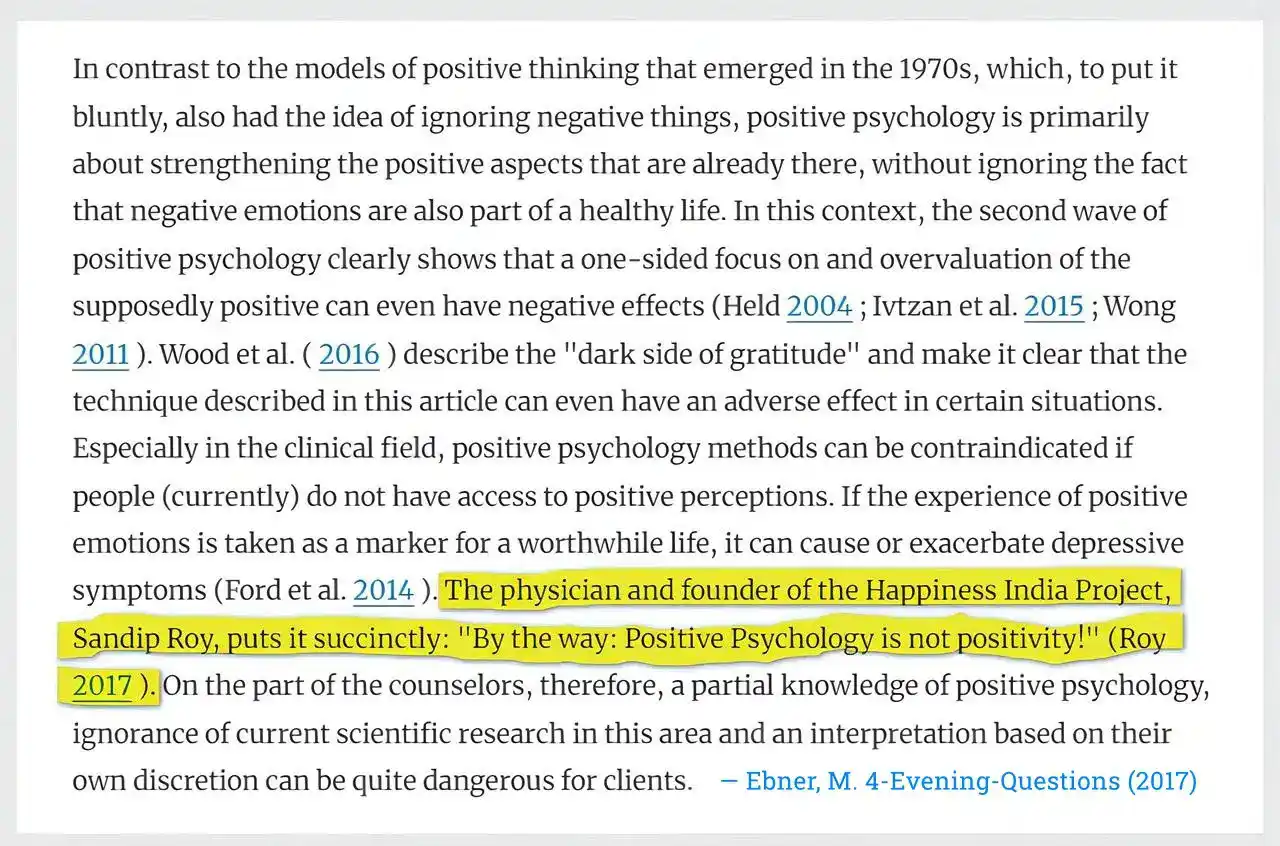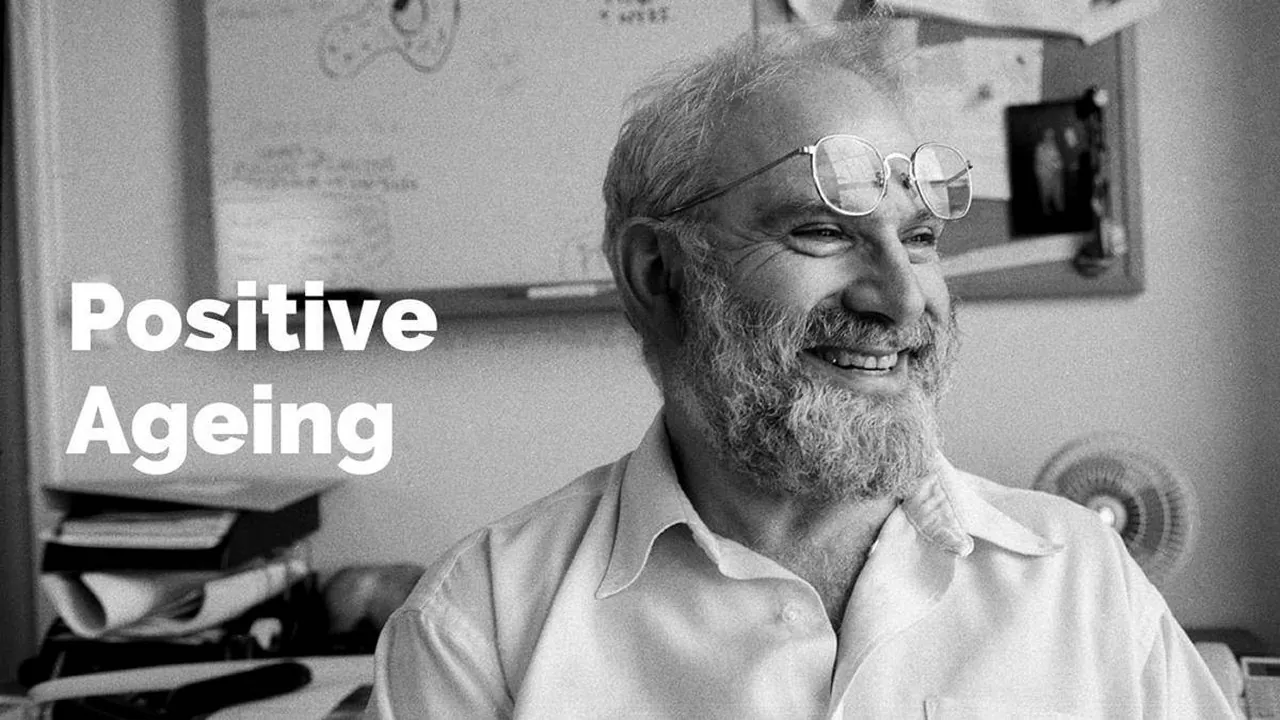
The Happiness Blog (THB) consistently ranks among the 20 Best Happiness Blogs and Websites and the 100 Best Psychology Blogs in the world. Launched as Happiness India Project by Dr. Sandip Roy in 2014, The Happiness Blog (THB) is a resource site on happiness, well-being, positive psychology, dark psychology (narcissism, psychopathy, sociopathy), and Stoic philosophy.
Let’s get happier!
Our main goal is to help you be happier and more satisfied in your life. THB helps you find, do, and share things that have been shown to make people happier. You’ll also find healthy ways to cope with difficult mental health issues.
The Happiness Formula says: Just about 10% of your total happiness comes from your circumstances, while almost 40% comes from things you do with intention.
You will more likely be happier if you do things that make you happy instead of waiting for good things to happen. Don’t postpone your happiness until some special thing happens. Be happy today.
Psychology of Happiness
Happiness, what experts call subjective well-being (SWB), can be of two types:
- Hedonia. The happiness of now, decided by how many positive emotions and how few negative ones you feel at the present moment.
- Eudaimonia. The happiness over a long time, like over a year, a decade, or a lifetime. It is the satisfaction and joy we get from finding the meaning of our life.
Positive Psychology is the science of optimal human functioning. It studies what makes life worth living, how people can flourish, and live happier lives.
- Positive psychology does not promote toxic positivity.
- Martin Seligman is considered the Father of Modern Positive Psychology.
- Includes topics like Positive Empathy, Flow, Gratitude, Hope, Mindfulness, Forgiveness, Resilience.
Narcissists, Sociopaths, & Psychopaths
- Grandiose narcissists are highly self-centered, have a highly inflated self-image, feel entitled to special treatment, crave constant praise, and lack empathy.
- Covert narcissists, the not-so-obvious ones, have a high sensitivity to criticism, avoid receiving feedback, have high levels of internalized negative emotions, and overthink a lot.
- Psychopaths lack empathy and remorse, often plan their cruel acts, and bear a reckless disregard for the rights of others. They can charmingly deceive others for personal gain or amusement.
- Sociopaths typically display antisocial behavior, break rules, and behave impulsively. They can form attachments with certain people or groups, but they have no regard for social norms and rules.
If you’re in a relationship with a narcissist who won’t change or seek therapy, experts suggest you should leave them, even if you have no money.
Philosophy of A Good Life
Stoicism is a Greco-Roman school of philosophy. It originated in the 3rd century BCE. People came to it in hordes because it offered them a way to live a happy life while doing their normal day jobs.
And that is one reason why Stoicism thrives to this day. The Stoic strategies to become happier in life remain as relevant today as they did then.
The Happiness Blog (THB) has been featured on:
How Stuff Works, Lawyer Monthly, Brainz Magazine, Positive Psychology Training, PositivePsychology.com, My Personality, Scary Mommy, Springer Link, University of Kentucky Human Resources, Her Campus, University of Mexico Human Resources, Masaryk University (MUNI), The University of Alabama (Lindeman Lab), TrueCare, Find Your Spark, Edith Cowan University Blog, Tree of Evolution, American Society of Health-System Pharmacists, eCycle, The Simplicity Habit, MakeuseOf, My Personality, University of Salford (Manchester), Huisarts & Wetenschap, Elle Decor, Elite Business Magazine, AlertMedia – Business Travel Trends, Highly Sensitive Refuge, Singapore Counseling Center.
Post Categories
- ADHD & Autism (10)
- Books & Quotes (19)
- Empathy, Compassion & Forgiveness (31)
- Gaslighting & Manipulation (15)
- Habit Building & Resilience (40)
- Happiness Science & Positive Psychology (121)
- Love, Relationships & Breakups (84)
- Mindfulness & Gratitude (24)
- Narcissists, Psychopaths, Sociopaths (197)
- Sleep & Mental Health (10)
- Stoic Philosophy (47)
- Success & Happiness (48)
- Ungrouped (2)
- Check out the books by The Happiness Blog.

√ Please share this page with someone.









